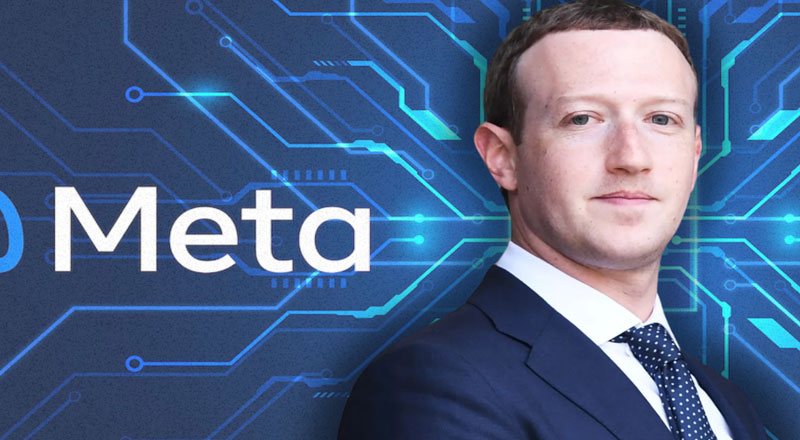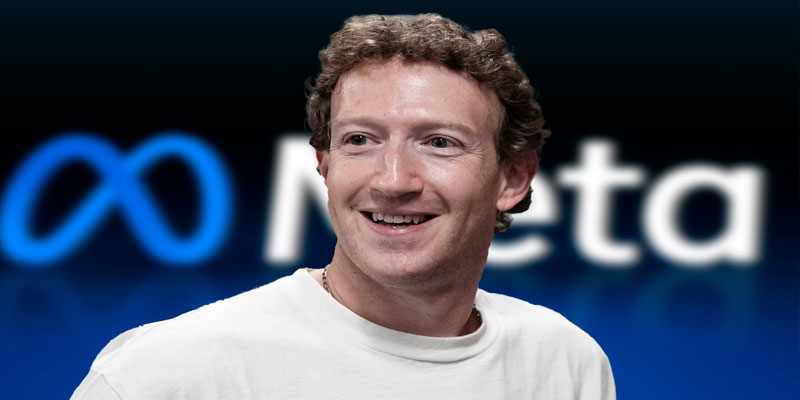A Landmark Antitrust Trial with Far-Reaching Consequences
A high-stakes antitrust trial against Meta Platforms Inc., the parent company of Facebook, Instagram, and WhatsApp, began in Washington this week. At the center of the case is the possibility that Meta CEO Mark Zuckerberg may be forced to divest two of the world’s most influential social media platforms—Instagram and WhatsApp—should the court find that their acquisitions were intended to eliminate competition and cement a monopoly.
The lawsuit, filed by the U.S. Federal Trade Commission (FTC), accuses Meta of engaging in anti-competitive behavior by acquiring its rivals instead of competing with them. The trial marks a significant moment not just for the tech industry, but for the broader future of how corporate mergers and monopolistic behavior are judged in the digital era.
The Rise of Meta and Its Social Media Empire
Meta, formerly known as Facebook Inc., became a tech behemoth over the past decade by not only growing its flagship platform but also acquiring competitors. In 2012, Facebook acquired Instagram for $1 billion—then a rising star in the photo-sharing app world. Two years later, it bought WhatsApp for a staggering $19 billion, a move that helped solidify its dominance in private messaging.
While both deals were reviewed and cleared by the FTC at the time, the commission now argues that those approvals did not foresee the long-term impact on competition and user choice. According to the FTC, Meta’s aim was not innovation but eliminating emerging threats.
“Zuckerberg’s own emails say it all— ‘it’s better to buy than to compete,’” said Rebecca Haw Allensworth, a professor at Vanderbilt Law School. “That could be a defining piece of evidence.”
Political Crosswinds and Personal Testimonies
Adding fuel to the fire, both Mark Zuckerberg and former Meta COO Sheryl Sandberg are expected to testify in a trial that could last several weeks. The case, initially filed during Donald Trump’s first term, has become politically charged as it resumes under his second administration.
According to reports, Zuckerberg personally lobbied Trump to pressure the FTC into dropping the case—a move Meta has not confirmed but also not denied. The company responded to the lawsuit by stating, “The FTC’s action sends the message that no deal is ever truly final.”
Meta also raised concerns about the implications of revisiting previously cleared deals. “More than 10 years after the FTC approved these acquisitions, reopening them is legally and economically disruptive,” a spokesperson said.
Meanwhile, the FTC itself is facing internal turmoil. President Trump recently moved to fire two Democratic commissioners, Rebecca Kelly Slaughter and Alvaro Bedoya, reducing Democratic representation on the five-member board. The move sparked backlash, prompting the ousted commissioners to file a lawsuit claiming political intimidation.
Meta’s Shifting Strategy and Political Alignments
In a twist that could influence the case’s perception, Meta has been reshaping its political alignment. Once seen as hostile toward Trump—especially after his ban from Facebook post-January 6 Capitol riots—the company has taken a more neutral or even conciliatory stance. It recently added UFC President Dana White, a Trump ally, to its board, and ended partnerships with independent fact-checkers, drawing criticism from Democrats.
These developments have raised eyebrows among observers concerned about political interference. “The president sent a clear message: do as I say, or risk your job,” said Slaughter in a recent interview with the BBC.
The Future of Meta and the Digital Monopoly Debate
If the FTC prevails, it could set a precedent for breaking up tech giants that dominate through strategic acquisitions rather than innovation. For Meta, this could mean a forced spin-off of Instagram and WhatsApp, potentially weakening its grip on the global social media market.
On the other hand, a Meta victory could reinforce the status quo of acquisition-driven growth in Silicon Valley. Regardless of the outcome, the trial marks a turning point in the debate over how much power is too much in the digital economy.
For Meta and Mark Zuckerberg, the future could involve a reckoning with past strategies—and for regulators, it’s a test of whether big tech can finally be held accountable in a meaningful way.
(With inputs from agencies)





